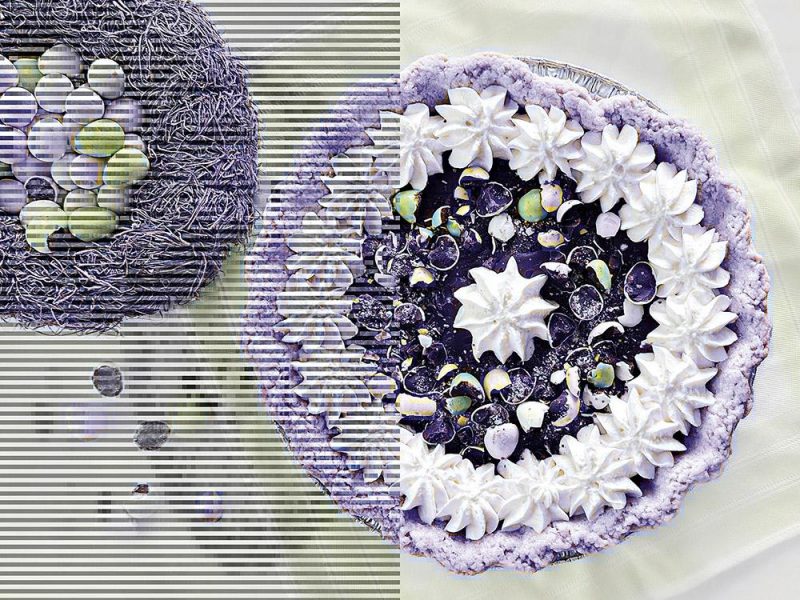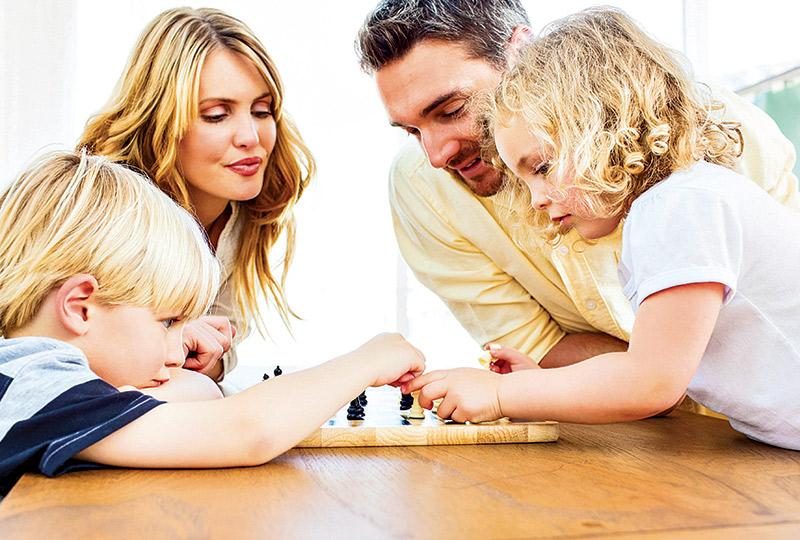Learning to be a better parent
One of the curious side effects of fostering and adopting is that you usually end up with a whole lot more parenting instruction than if you have biological children. Whereas it’s possible to get pregnant on a whim (or even totally by mistake) without any parenting training at all, being a foster or adoptive parent means having to attend weeks of courses, a police check, a doctor’s check-up, and an in-depth home study that includes an evaluation of your finances, health, parenting styles, family history, and so on.
And then, because children in care often come from difficult places, parenting them usually requires that you go and get more training as well. You may need instruction on how to support your child through various disabilities, developmental delays, or past traumas. You may need help learning how to deescalate conflict, how to advocate for your child’s needs in the medical system, or how to tutor a child who isn’t able to attend school.
None of this easy, of course, but it really does give the children in our care a chance to thrive despite their pasts, and (as I discovered again this past week) it often gives us parents a chance to grow as well.
I was attending a workshop on attachment, the bond that usually develops naturally between a child and a primary caregiver, but that requires deliberate work to form in a foster or adoptive family, where children have had difficult attachments with their biological parents and then have had those attachments broken or strained when they were taken into custody.
My wife and I have already done quite a lot of training in this area. I’ve even taught other parents on the subject through our local Family and Children’s Services, so I went into the workshop skeptical about how much I was going to learn. Was I ever wrong. The workshop leader approached the subject a little differently, not be looking at the attachment of our children, but by challenging us to look back at the attachments we had formed with our own parents, evaluating our own attachments styles, and identifying how our attachment histories might be hindering our ability to attach to the children in our care.
None of that was new to me exactly, but I’d never been forced to go through that process before, and the results were surprising. As I reflected on my attachment with my parents, it quickly became obvious that they had done a great job of meeting my physical needs, of supporting me in my goals, and of engaging with me intellectually, but that they hadn’t been so good at engaging with me emotionally. This means that my attachment with my parents (and also my current attachment style) leans toward what the experts call “avoidant”, which means that I struggle to be emotionally engaged in my relationships.
In its most extreme form, people with avoidant type attachment styles can be emotionally unavailable or unresponsive to their children, ignoring their needs, discouraging emotional expression, and encouraging early independence. In its less extreme forms (my score, for example, is about 65% secure and 25% avoidant), avoidant parenting can look like a tendency to “hide” behind work or other tasks, or to detach emotionally during times of stress.
And while it’s never fun to hear that I’m not perfect as a parent, the good news is that attachment styles can be changed. By exploring how I attached to my parents and how my attachment style developed, I can begin to work through those experiences in order to develop what experts call “earned secure attachment”, which will allow me to grow more secure attachments with my children.
The process won’t be easy, of course. Personal growth never is. Even at this very early stage I’ve realized that I’ll probably need to have some long talks with my parents, and I’ve already had to sit down and chat with my kids about why I sometimes respond to them the way I do. And then there are the many examples each day where I now notice how I could be engaging more emotionally with my kids and hiding behind my tasks less.
But helping our kids to grow into healthy adults often means needing to grow into healthy adults ourselves. It’s work that needs to be done. So, even if Family and Children’s Services didn’t force you to take parenting courses in order to have children, it’s probably worth it to go and take some anyway, to explore your parenting style, your attachment style, your disciplinary style, to examine your own experience of being parented, to see how you can grow in order to help your children grow. It will be time and money well spent.





